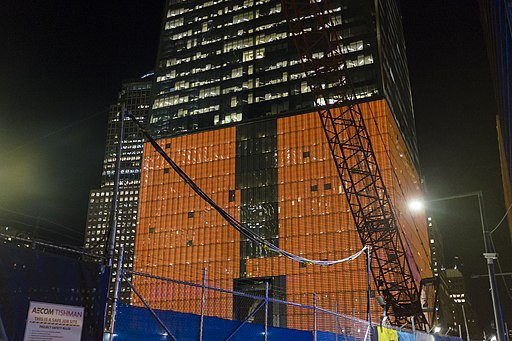New York had been a hub of activity lately. Amazon decided to relocate its 'second headquarters' in Queens, which suddenly riled up the property market there. Financial Times reported that this created lots of demands and record price soars as people scrambled to fill quotas and grab whatever property is available.
Commercial real estate raced to provide the surplus that people had been looking at. Developers started to buckle down and prepare--like, for instance, a 4m square foot site on which Amazon's building will soon stand. However, this project was scrapped, thanks to state and local politicians and their bickering.
The global real estate scene is following this dangerous trend, where high prices, rent, and the abundance of supply leads to a 'bubble' and murmurs of an impending downturn. Aside from these, real estate investors must also negotiate with 'populist' forces, aside from adjusting to occurrences like the victory of Trump and 'Brexit.'
Bloomberg pointed out that, however, the US is still optimistic, despite Trump's 'winning' policies. Ten percent of these respondents have said that accelerated spending, an after-effect of 2017's tax cuts, is more felt. Another ten percent have relayed that investment has been delayed because of tariffs and other punitive trade policies that have been implemented.
Sales, margins, and the economy, however, were the least of their worries; in fact, the responses were largely positive. The survey aimed to show responses that showed concerns connected to trade were felt more by goods producers. Manufacturers, meanwhile, were seen to react to trade policy more than anything else.
Rapid expansion didn't do well with low unemployment. The result is a surprising 'trade uncertainty.' It led to Federal Reserve Chairman Jerome Powell saying that officials have started to monitor that companies have 'postponed' investments as well as hiring because of the implications of ongoing trade disputes.
Macroeconomic and political uncertainty are some of the other culprits, according to Simon Hope, the head of global capital markets at Savills. It has snowballed into heightened political risk as the global property market started showing signs of slowing down. The UK and US have felt the effects, with huge stress straining on their retail real estate markets.
CBRE, the property services group based in the US, has said that 2019 will see a 'mild decline in global turnover.' David Skinner of the firm Aviva Investors, however, had said that there are still 'significant areas of rental growth' to be positive about.






